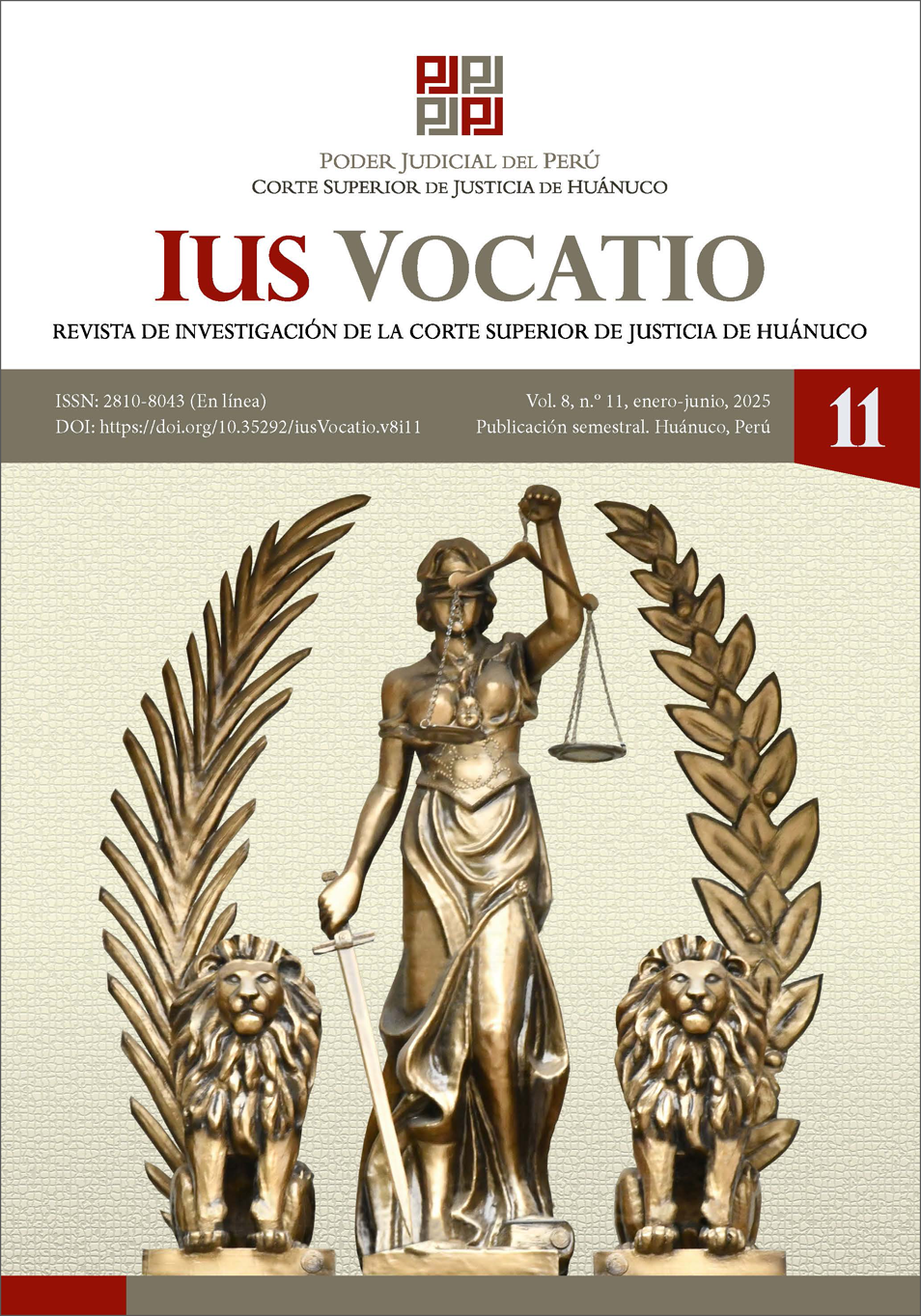Judicial supplementary investigation and crime impunity
Abstract
In light of the crime wave currently affecting the country, it is essential to address this issue from multiple fronts, with the aim of eradicating it or at least mitigating its effects. In this regard, the justice system must be equipped with clear and effective rules designed to combat impunity. Under our criminal procedural system, it is possible to order a supplementary investigation when the prosecutor requests case dismissal, subject to an objection from the parties involved or when ordered by the senior prosecutor upon elevation of the case files. In such situations, the role of the judge is almost passive. Therefore, it is necessary to grant the judge the authority to directly order such a supplementary investigation in cases where they reasonably disagree with the dismissal request, clearly specifying the actions the prosecutor must undertake and the time frame for completion. The method employed was documentary analysis, leading to a conclusion consistent with our research objective.
Downloads
Métricas alternativas
References
Aguiló, J. (1997). Independencia e imparcialidad de los jueces y argumentación jurídica. Isonomía, (6), 71-79.
Aguiló, J. (2009). Imparcialidad y concepciones del Derecho. Jurídicas, 6(2), 27-44.
Del Río, G. (2018). La Etapa Intermedia en el Nuevo Procesal Penal Acusatorio. Ara Editores.
Del Río, G. (2021). La etapa intermedia. Pacífico. Maier, J. (1996). Derecho Procesal Penal. Del Puerto.
Neyra, J. A. (2010). Manuel del Nuevo Proceso Penal de Litigación Oral. Idemsa.
Ore Guardia, A. (2017). Derecho Procesal Penal Peruano III. Ediciones legales.
Peyrano, J. W. (2006). Derecho Procesal civil. Principios Procesales. Material carrera de posgrado en Derecho Procesal. Universidad Nacional del Litoral.
Rodríguez, M. (2010). Los sujetos procesales en el Código Procesal Peruano de 2004 (acusatorio, garantizador, de tendencia adversativa, eficiente y eficaz). Derecho PUCP, (65), 135-157. https://revistas.pucp.edu.pe/index.php/derechopucp/article/view/3140
Salinas, R. (2014). La Etapa Intermedia y Resoluciones Judiciales. Grijley. San Martín, C. (2006). Derecho Procesal Penal. Grijley.
San Martín, C. (2020). Derecho Procesal Penal – Lecciones. Cenales.
Salinas, R (2015). La etapa intermedia y resoluciones judiciales. Grijley.
Vásquez, R. (2015). Derechos Humanos. Una lectura liberal igualitaria. UNAM.
Talavera, P (2004). Comentarios al código procesal civil. Grijley.
Yedro, J. (2012). Principios Procesales. Derecho & Sociedad, (38), 266-273. https://revistas.pucp.edu.pe/index.php/derechoysociedad/article/view/13125
Fuentes normativas y jurisprudenciales
Casación n.° 52- 2009- Arequipa (Sala Penal Permanente de la Corte Suprema de Justicia de la República, 2009).
Sentencia Expediente n.° 0023-2003-AI/TC (Tribunal Constitucional, 09 de junio de 2004).
Sentencia Expediente n.° 613-2015-AI/TC (Tribunal Constitucional, 19 de marzo de 2015).
Copyright (c) 2025 Eloisa Tucto Livia

This work is licensed under a Creative Commons Attribution 4.0 International License.
The journal allows authors to retain their copyright of submitted articles without any restrictions.
Authors grant the publisher non-exclusive publication rights for the publication of approved manuscripts.
The publisher only reserves first publication rights, but this does not imply that authors lose their unrestricted copyright.














